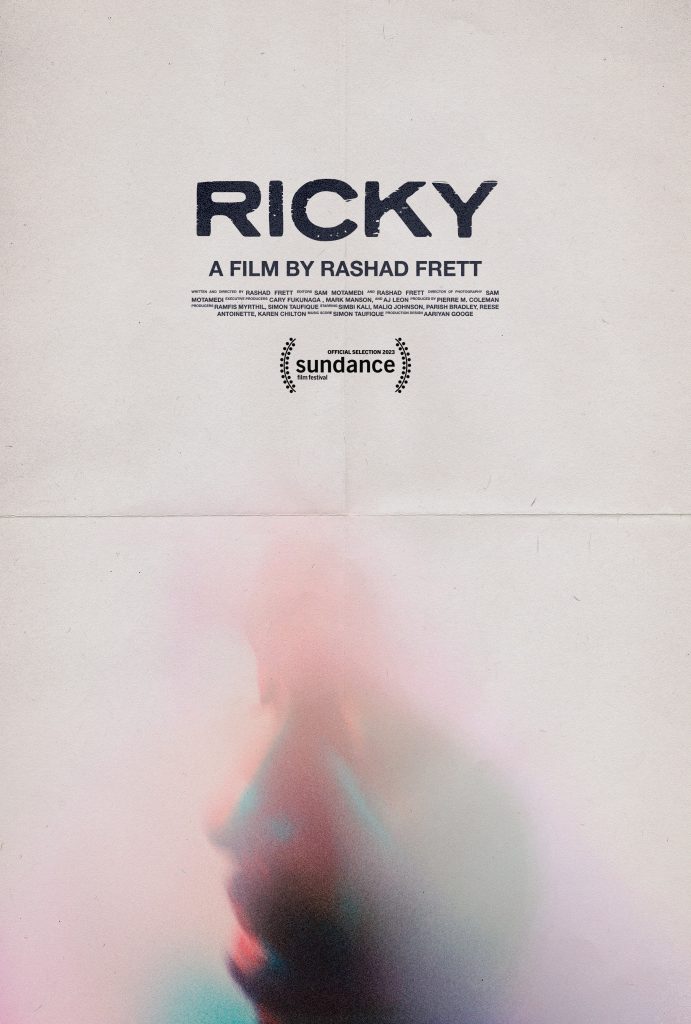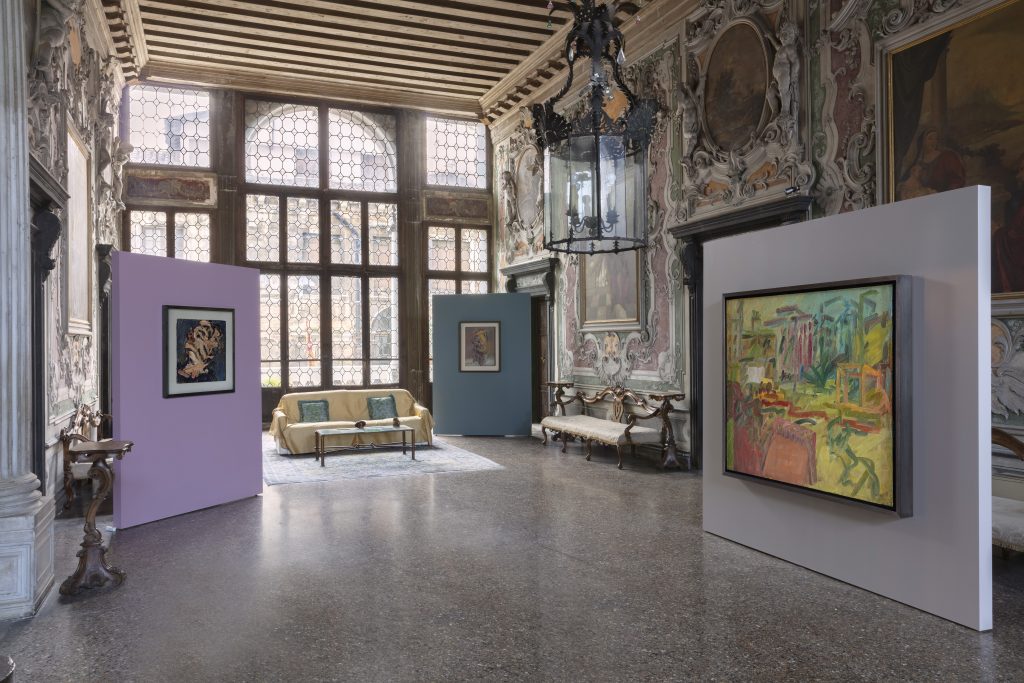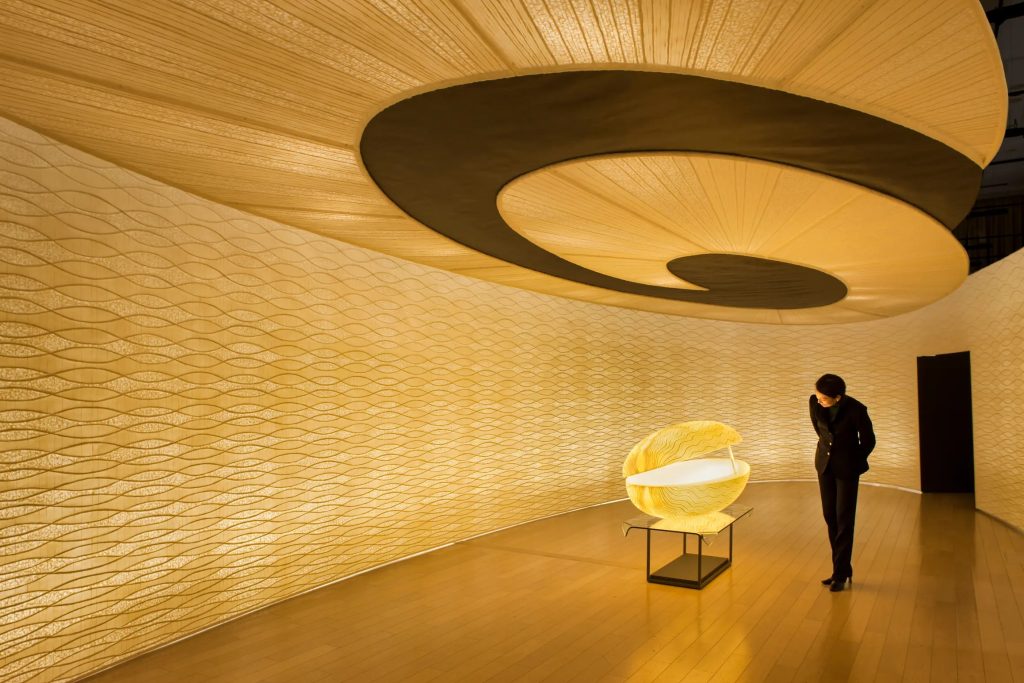Sundance 2023: “Ricky” Short Film Director, Rashad Frett
A powerful look at an individual struggling with a return to freedom

A cinematic pool of unmatched depth, the short film program at Sundance offers an immersive introduction to emerging talent, a concise selection of thought-provoking stories and a taste of the future of the medium. Screening this year as part of Short Film Program 1, writer/director Rashad Frett‘s Ricky delivers a poignant, powerful portrait of a person struggling with life after incarceration and the strangling after-effects of the prison system. Frett’s filmmaking hones in on the main character’s anxieties while illustrating his potential. In 18 minutes, viewers will address sensations of hope and loss, and understand the challenges that come with being formerly incarcerated. An award-winning, NYC-based filmmaker, Frett has also been accepted into the Sundance Lab program and is currently transforming Ricky into a feature film. We spoke with Frett to learn more about how he crafted such a resonant story.
You had a friend who couldn’t break out of the cycle you portray in Ricky, an individual struggling with a return to life after incarceration. How did you translate this personal inspiration and experience into a script that so many people will connect with?
I pulled inspiration from conversations that I had with my friend soon after his release from prison. He spoke about future goals. He wanted to eventually start up a barbershop business, but felt he wasn’t given a fair shot. His criminal record loomed over him, especially when it came to job interviews. He also mentioned how hard it was being on the outside after so many years of being locked up. Being free felt so new to him. I wanted that authenticity to be felt on the page as well as visually. I used our interactions as a guide in shaping the story. His experience influenced how I portrayed Ricky and his journey throughout the film.

Your filmmaking demonstrates the textures of humanity and your main character’s emotional state in so many nuanced ways: shots of hands, the need for open doors. Can you talk about how you built the visual language for the film?
I wanted to create a visual language that portrayed Ricky’s emotional state. It was very important to me that Ricky’s uneasiness and tension while interacting with people post-incarceration were tangible. The door motif was utilized to convey his claustrophobia due to being in a cell for so long. I’ve also researched and found actual instances where some ex-offenders had issues with doors being closed.

Can you about your casting process?
The casting process took a very long time, specifically for Ricky since his role has so many layers. Due to Covid putting production on hold for a year and a half, I took my time to find each character and went through a rigorous audition process before choosing the cast.
I received the name Maliq Johnson as a recommendation for the role of James from my mentor, Cary Fukunaga. Maliq had a co-starring role in the Netflix show Grand Army. Shortly thereafter, I brought on a casting director and we went through tons of auditions before I found Parish Bradley for the role of Ricky. I saw something special in his self-tape. When I auditioned Parish along with the runner-up, it was a tough call, but I felt Parish totally embodied the essence of Ricky.

How did you work with your actors to paint these deep performances?
A key component to pulling out these performances from my actors involves me giving them relatable scenarios ranging from good to bad, which centers on what the scene calls for. This acts as a trigger and results in authentic performances. I also give my actors the space to experiment with their performances. I trust them to bring something new to the table.
What will a feature film version of this look and feel like?
In the feature version, we follow Ricky some weeks post-incarceration as he tries to save up to get his first car. His struggling and adjusting to being free after 15 years of incarceration is the focus. The audience gains insight on what it was like for Ricky when he was tried as an adult in his mid-teens. The feature will have a verité documentary feel to give the audience a visceral experience as if they’re there feeling every emotion that Ricky is experiencing on screen.

How do you feel about Ricky premiering at the 2023 Sundance Festival?
I’m still at a loss for words and truly honored for Ricky premiering at Sundance! I’m also excited to meet fellow filmmakers and to watch so many dope films that are in the line-ups. Lastly, I’m extremely happy for my cast and crew to experience Sundance for the first time.

You taught children the basics of filmmaking. Can you tell us a bit more about this?
Over a decade ago, in my final semester of undergrad, our class task was to pair up one-on-one with inner-city kids from where I grew up and teach them the basics of filmmaking. We taught them the basics of camera and lighting techniques. Then, gave them the task of creating self-portraits, which they presented at the end of the semester.
After graduating undergrad, I started working with an organization that was aligned with the same class. We created documentaries on children of incarcerated parents. We also taught some of them the basics of filmmaking as well as creating self-portraits.
Hero image still from Ricky, an official selection of the U.S. Shorts program at the 2023 Sundance Film Festival. Courtesy of Sundance Institute | photo by Sam Motamedi












